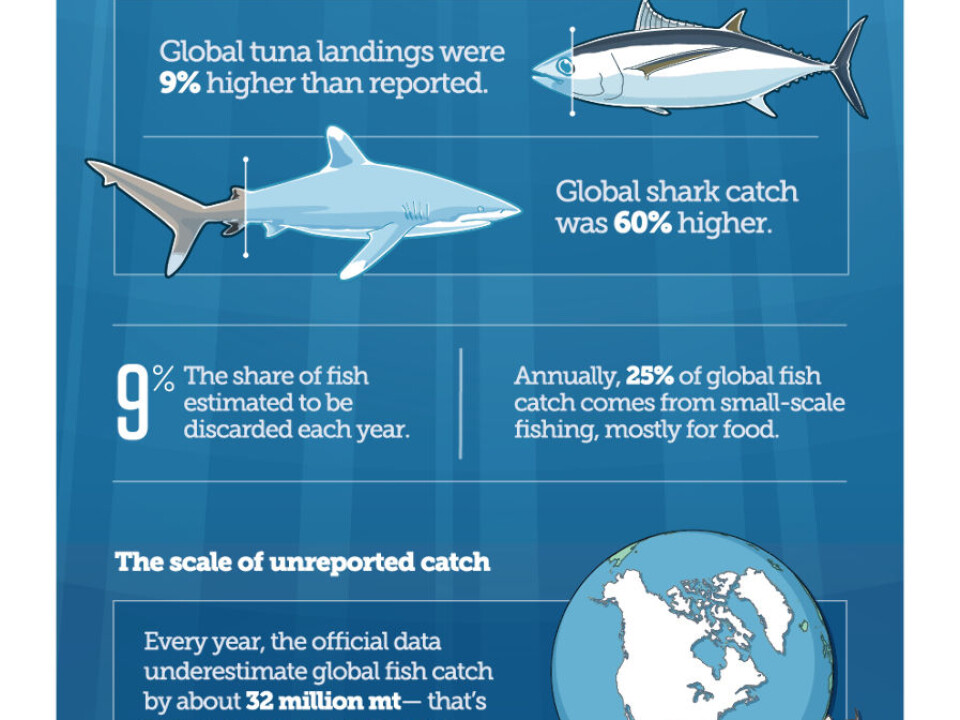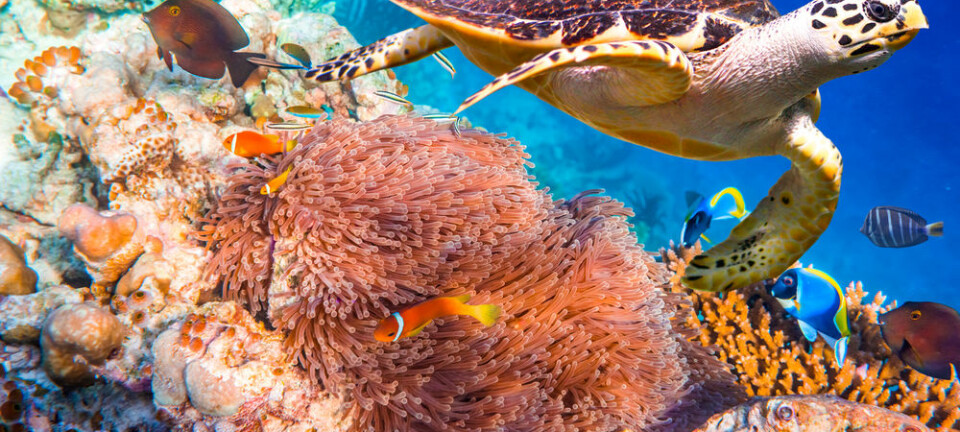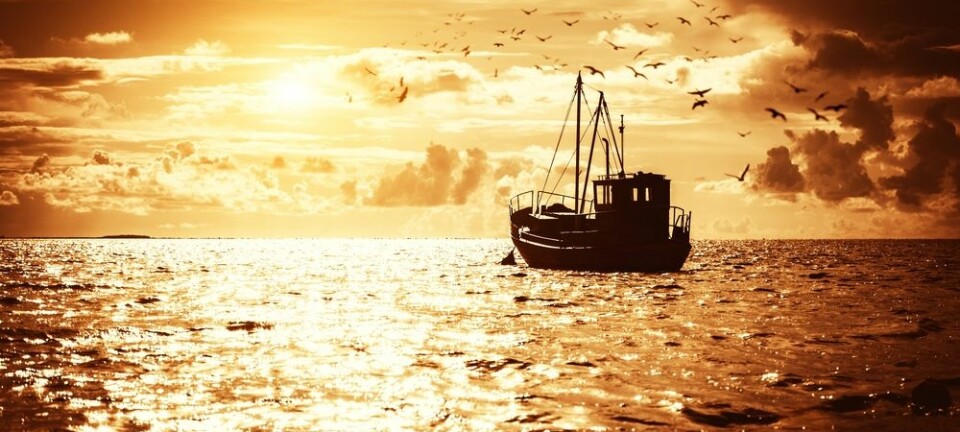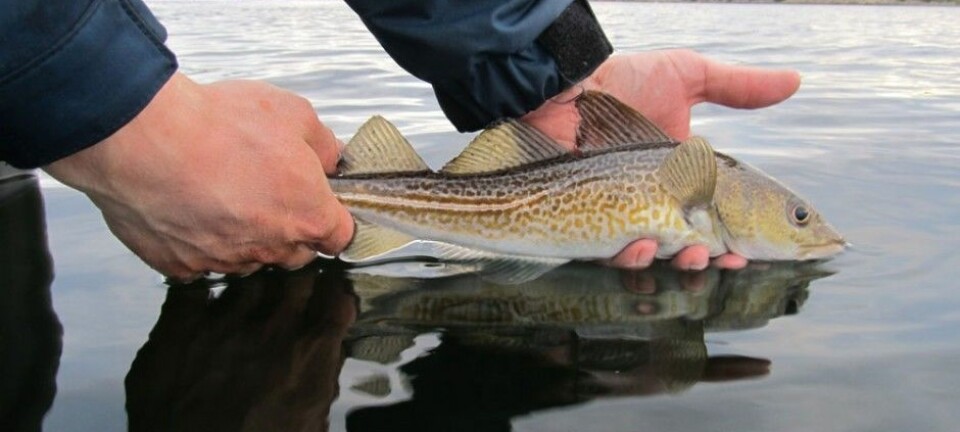
Top four ocean threats according to marine scientists
Overfishing, global warming, waste and contamination, and ocean acidification are at the forefront of scientists concerns.
Pick up a newspaper and the negative stories about the environment often make for distressing reading.
And many of us are indeed worried. An EU survey from last year found that almost half of all European’s think climate change is one of the world’s most serious problems. But what do the scientists tasked with researching these problems think?
A new study has surveyed a group of prominent marine scientists to find out what they perceive to be the most pressing threats facing the oceans today.
Topping the list of scientists’ concerns is overfishing, which also made the news this week after another study found that official UN statistics under predict the extent of overfishing and depletion of global fish stocks.

In second place is rising ocean temperatures due to global warming, third on the list is waste and contamination, and the fourth place goes to ocean acidification.
“There is clearly a consensus or a shared perception between marine scientists as to what is currently threatening our marine environment,” says lead author Wijnand Boonstra, a research fellow with the Stockholm Resilience centre, Sweden.
The new research is published in the journal Marine Policy.
“Who fears what?”
Boonstra and his colleagues of young scientists from across the Nordic region sent out an email survey to over 1,000 prominent marine scientists around the world.
They asked just one simple question: “Could you tell us which five topics represent the greatest global threats or potential impacts in marine environments?”
“It boils down to a simple question of who fears what, and how this varies among scientists,” says Boonstra.
The question was left deliberately open for scientists to list whatever they thought to be the most important, and to not limit them to a pre-defined set of options, says Boonstra.
Once all the responses were gathered together, around 170 in total, Boonstra and colleagues saw that four responses in particular stood out.
Around 80 per cent of respondents named overfishing as one of their top concerns. This fear appears to be bolstered by another large study in Nature Communications that finds official UN fisheries statistics to under predict the true number of fish taken from oceans.
This separate study finds that not only do official figures fall short by tens of millions of tons of fish, but global catches have also been reducing faster than official figures suggest as global fish stocks plummet.
Shortly behind overfishing is ‘elevated temperature’, chosen by sixty-nine per cent of scientists surveyed, while around fifty per cent named ‘contamination and waste’ and ‘ocean acidification’ in their list of top threats.
Shared priorities, despite scientific differences
Within these four answers, differences emerged according to the scientific background of those who took part in the survey.
“Natural scientists emphasise more often the symptoms of what people understand as ‘global change’ in the marine environment, driven by human activities--acidification, rising temperatures, and contamination,” says Boonstra.
Where as social scientists, he says, perhaps unsurprisingly focus more on the human causes of these threats.
By establishing this baseline list of perceptions and priorities, Boonstra hopes that more marine scientists will be able to easily identify common research interests, and foster better collaborations between scientists of various backgrounds.
Scientists and public priorities broadly agree
Associate Professor Murray Rudd, from Emory University, USA, has performed such surveys in the past. In a large global survey of 2,197 scientists from 87 different countries, he identified a short list of 67 crucial research questions for marine scientists to address.
Among these were seven top priorities shared among physical or biological scientists, some of which overlap with the top four priorities in Boonstra’s study.
But if the experts broadly agree on some of the top threats facing the oceans today, do the public or policy makers agree with them? This is a difficult question to answer, writes Rudd in an email to ScienceNordic.
“Certainly the prominence of overfishing and pollution issues are common among scientists and the public,” he writes, referring to a recent European survey of public opinion on threats to the marine environment—the only such study that he is aware of.
“But policy-makers and policy advisors are much more difficult to survey--just getting their email addresses is a major job in itself,” writes Murray, adding that he suspects research priorities among policy makers are likely influenced by other factors, such as their own views on the role of science in public policy.









